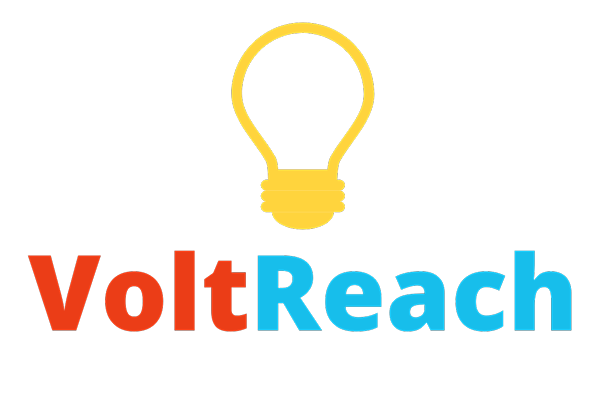The idea of proprietorship in games has been on a range since the primary arcade game hit the American standard during the 1960s. From that point forward, control center, PCs and cell phones have kept on rethinking the gaming experience and power dynamic among makers and players. Web3, a new blockchain-based time for the Internet, is the nearest that players have come to “possession.”

All things considered, gamers don’t claim their games, their advancement, or their time. It is a fantasy to suspect something. Designers hold the skeleton key, and they are the ones to benefit. Following quite a while of conceptualizing, planning, and building vivid universes also contributing an enormous measure of capital-engineers can switch a game off without warning.
Think about FarmVille. In late 2020, Facebook declared that it would stop to help Flash-based games. At the flip of a switch, a whole biological system, long periods of history, was erased everlastingly without the assent of its players.
With blockchain innovation, that dynamic has moved. Designers are never again Lord and Master; players have the power. Through tokenization and in-game financial matters, gamers can remove money related worth as a compact resource from the games they play. The play-to-procure model is a straightforward yet progressive idea, and one that is overturning the in-game insight for players, engineers, and the local area. The trillion-dollar question is, will customary gamers embrace the new worldview?
How do these games analyze?
In excess of 1,000 blockchain games have arisen to date. Large numbers of these games work off ancestors to open new types of networks, encounters, and coordination instruments at scale. The breakout game, Axie Infinity, resembles Pokémon in that clients gather, breed and fight Beast, Plant, Aquatic and Bird characters. NBA Top Shot is a collectibles stage to exchange vital games minutes. Illuvium will be a high-goal MMO fight royale à la Super Smash Bros.
All the more significantly, contrasted with their conventional gaming partners, Web3 games are worked with financial aspects at the front line. Engineers are tested to make esteem add encounters that benefit all partners, and this is driving creative game plan that is both adaptable and receptive to the in-game elements. Key areas of separation are:
- Responsibility for game resources. Blockchain games offer a degree of substantial quality that has not been imaginable since the time of possessing actual cartridges. Shrewd agreements and NFTs empower full responsibility for game resources with the security and straightforwardness supported by blockchain innovation.
- Open source, permissionless code. Customary games work as walled gardens. Blockchain games channel mod culture and enable outsider designers to alter their own interactivity encounters through modules and outsider customers. This expands network impacts, empowers inventive extension, and assembles genuine local area through proprietorship all while getting extra income streams.
- Tokenomic motivator structures. The righteous circle among engineers and players is more tight in Web3. Players are the ones that benefit and, thus, engineers are boosted to create encounters and networks that adjust the two players’ requirements. It is a nuanced dance, and those with the conventional attitude can neglect to benefit in the event that they don’t comprehend the dynamic.
- Interoperable, unchanging exchanges. The blockchain empowers office and incites trust. Each exchange happens on an unchanging record the record exists until the end of time. Players comprehend that their advanced things will exist outside of the game’s universe and can be exchanged and sold on auxiliary stages, regardless of whether a game closes down. This forestalls a death like that of FarmVille 1.0.
Also Read: Legion Will Not Receive any More Updates




















Leave a Reply